Chinese Foreign Ministry spokesperson Wang Wenbin has expressed strong dissatisfaction and opposition to the U.S.' treatment of Chinese students following reports that several of them had been subjected to lengthy interrogations upon entering the U.S., had their electronic devices including phones and computers inspected, and that some even saw their visas revoked and were given five-year ban from entering the U.S..
Wang made the remarks on Thursday during a routine press conference when asked to comment on the issue.
Wang accused the U.S. of wantonly suppressing and ill-treating Chinese students traveling to the U.S. with lawful and valid identifications and visas during a routine press conference on Thursday.
The spokesperson accused the U.S. of politically motivated oppression and harassment against Chinese students who hold valid documents and visas. Wang noted that some of the students were interrogated, confined, forced into confession, induced and even deported without just cause.
He stated that every month for the past few months, the U.S. deported dozens of Chinese arriving in the U.S., including students.
Global Times has learned that multiple Chinese international students were recently subjected to extended interrogations upon entering the U.S., and had their personal electronic devices such as phones and laptops inspected. Some of these students had their visas revoked and were informed that they cannot enter the U.S. for the next five years.
One of the students, who asked to be referred to as T, a Yale University PhD candidate and an undergraduate from a top university in Beijing, returned to the U.S. on December 19, 2023. Upon arrival at Dulles Airport near Washington DC, T was taken to a private room for an eight-hour interrogation, during which he was asked questions such as whether they received scholarships during their undergraduate studies or funding from the Chinese government, and their electronic devices were inspected.
After the interrogation, T was informed that their F-1 student visa was canceled and was barred from entering the U.S. for five years without being given a reason.
Another Chinese student, M, who went to the U.S. National Institutes of Health National Cancer Center for research in 2022 and had no history of violations or disciplinary issues, was also interrogated upon arrival at Dulles Airport on November 22, 2023.
M was questioned about his undergraduate major, supervisor information, current research, funding from the China Scholarship Council, and whether their research projects were connected to the Chinese government, military, or key domestic laboratories.
Similarly, after the interrogation, M was informed that his F-1 visa was canceled, with the decision made directly by the U.S. Department of State, leaving U.S. Customs and Border Protection unable to disclose the reason for the cancellation.
The 2023 Open Doors Report indicates a decline in the number of Chinese students in the U.S. over the past three years. The 2022-23 academic year saw 289,526 Chinese students in U.S. universities, the lowest number since the 2013-14 academic year.
Wang slammed the U.S. actions as selective, discriminatory, and politically motivated law enforcement. "The U.S. prides itself on openness, inclusivity, and academic freedom, but it has erroneously implemented Proclamation 10043."
This order, according to Wang, misuses the concept of national security, politicizes and weaponizes academic research, and repeatedly subjects Chinese students in the U.S. to interrogations, harassment, and deportations.
On May 29, 2020, then U.S. president Donald Trump issued a proclamation (PP 10043) that suspends the entry into the U.S. of certain Chinese students and researchers.
Wang emphasized that such behavior has seriously undermined the students' lawful rights and interests and poisoned the atmosphere for China-U.S. people-to-people exchanges. It goes against the two Presidents' agreement to promote and facilitate people-to-people exchanges and the two peoples' shared desire for more friendly exchanges.
China urges the U.S. to act on its commitment of welcoming Chinese students to study in the U.S., withdraw the unjust Proclamation 10043 and stop bullying and restricting Chinese students in the name of national security, Wang said. The U.S. needs to ensure the security and lawful rights and interests of Chinese students and scholars in the U.S. and take concrete steps to support and facilitate people-to-people exchanges and cross-border travel between the two countries as it has promised.
The spokesperson noted that China will continue to take necessary measures to resolutely protect Chinese citizens' lawful rights and interests, also reminding Chinese students traveling to the U.S. to be mindful of such risks.













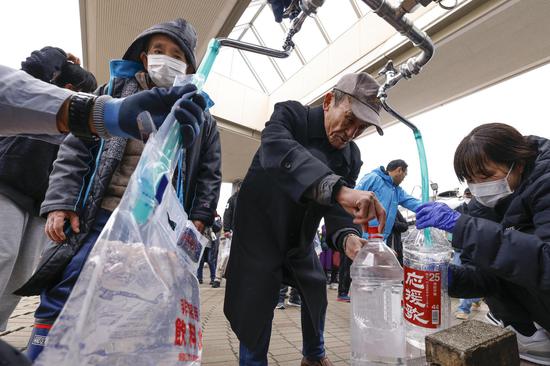

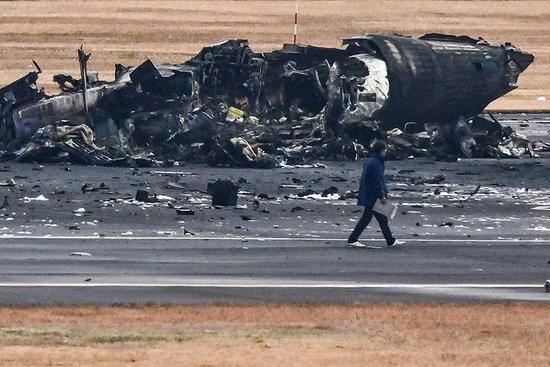


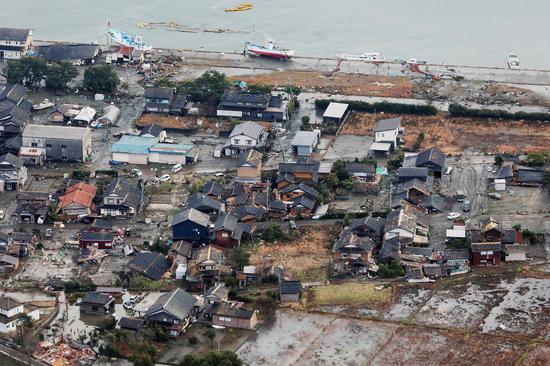









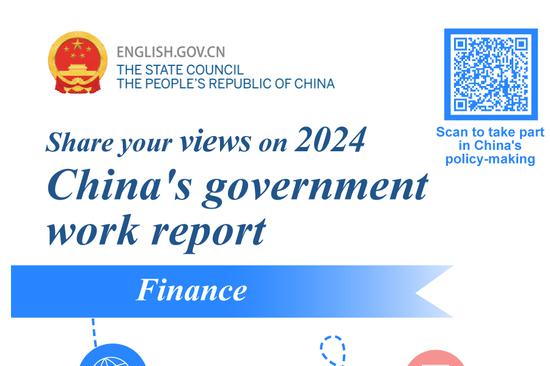

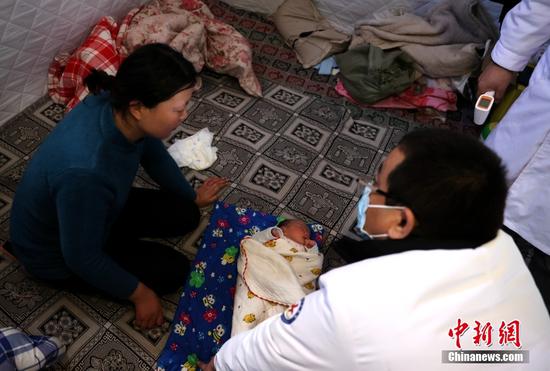
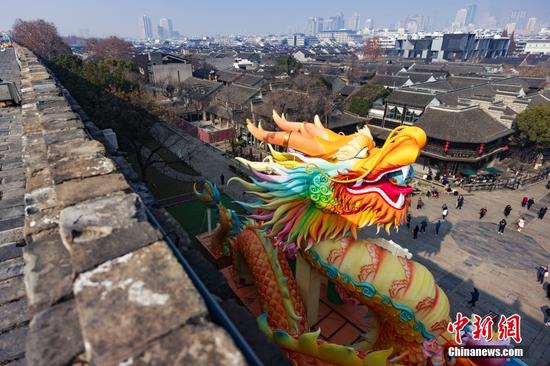











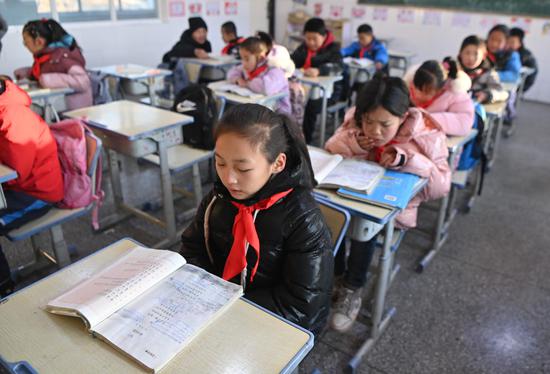






 京公网安备 11010202009201号
京公网安备 11010202009201号